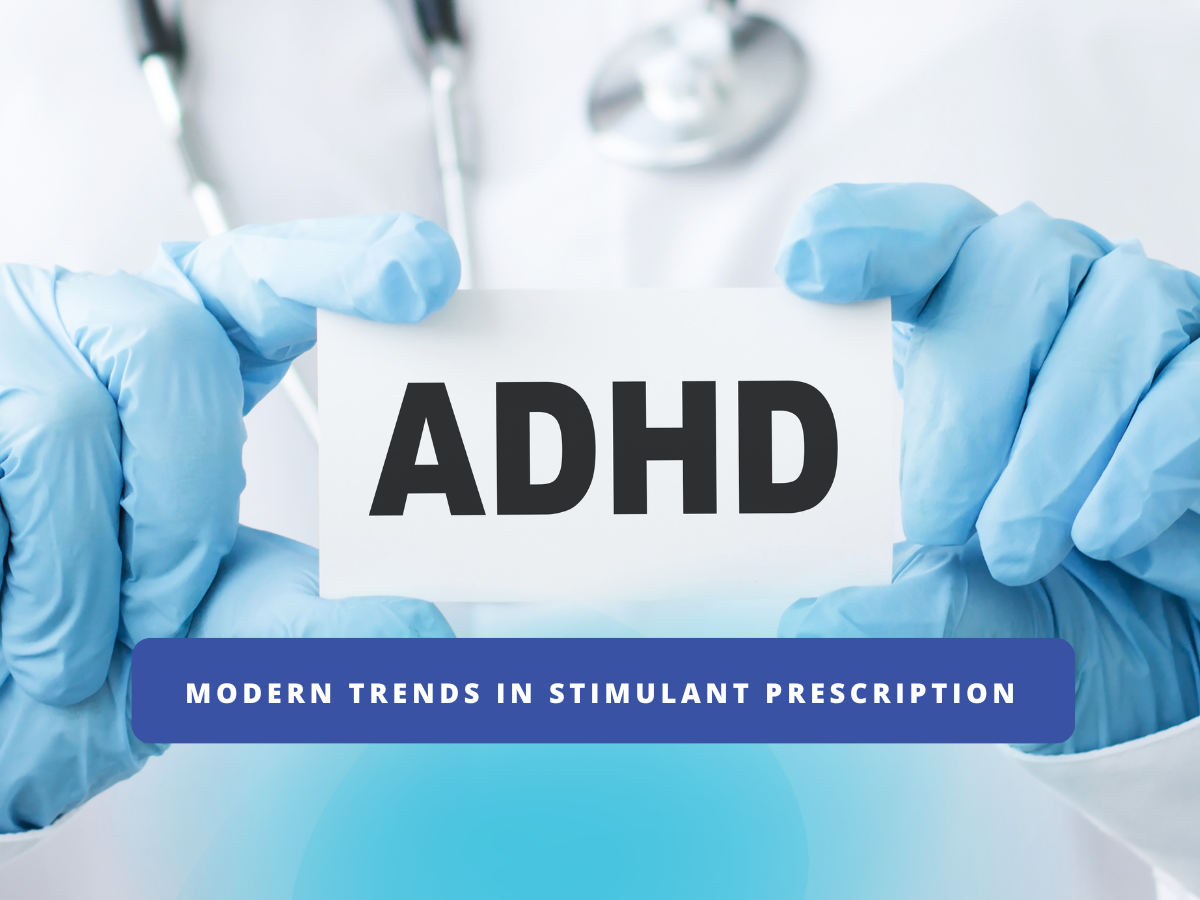On March, 31, 2023, the Centers for Disease Control and Prevention (CDC) released a Morbidity and Mortality Weekly Report (MMWR) on trends in stimulant prescription fills among commercially insured children and adults. Analysis from this report reveal that the percentage of adolescent and adult females and adult males receiving prescription stimulant fills increased during 2016–2021, particularly during 2020–2021.
Prescription stimulant use, primarily for the treatment of attention-deficit/hyperactivity disorder (ADHD), has increased among adults in the United States during recent decades, while remaining stable or declining among children and adolescents. MarketScan commercial claims data were analyzed to describe trends in prescription stimulant fills before and during the COVID-19 pandemic (2016–2021) by calculating annual percentages of enrollees aged 5–64 years in employer-sponsored health plans who had one or more prescription stimulant fills overall and by sex and age group. Overall, the percentage of enrollees with one or more prescription stimulant fills increased from 3.6% in 2016 to 4.1% in 2021. The percentages of females aged 15–44 years and males aged 25–44 years with prescription stimulant fills increased by more than 10% during 2020–2021.
This study adds to evidence that the increasing trend in the percentage of adults receiving prescriptions for stimulants has continued during the COVID-19 pandemic, with a notable upturn during 2020–2021. Though the pandemic has had negative impacts on mental health, which might have led to or exacerbated ADHD symptoms, an evaluation of policies enacted during the pandemic could identify benefits and harms of those policies.
To adapt to the pandemic environment, policy and health system reimbursement changes were implemented, such as expansion of telehealth and easing of the requirement for having an in-person visit with a clinician before receiving a prescription for stimulants or other Schedule II controlled substances. The combination of potential increased need and reduced barriers to access prescription stimulants might have encouraged more adults with ADHD symptoms to seek diagnosis and treatment. Although improved access to ADHD care through telehealth during the pandemic might have benefitted some persons with ADHD symptoms, it might have also introduced the potential for inadequate ADHD evaluations and inappropriate stimulant prescribing. Continued evaluation of public health emergency response policies and their use beyond the immediate emergency, such as expanded use of telehealth for prescribing, could increase understanding of long-term benefits or harms of these policies, including whether these policies increase equitable access to mental health care and the parameters needed to promote best practices.
Other implications from this report raise questions about how a growing recognition of ADHD in adults and increases in prescription stimulant fills relate to current adult ADHD care. Development of clinical recommendations for diagnosing and managing adult ADHD could help guide safe and appropriate stimulant prescribing. Stimulants can offer substantial benefits for persons with ADHD, but also pose potential harms, including adverse effects, medication interactions, diversion and misuse, and overdoses. Well-established clinical guidelines exist for ADHD care, but only for children and adolescents; clinical practice guidelines for adult ADHD could help adults also receive accurate diagnoses and appropriate treatment.
At Genesis Reference Laboratories, we take pride in our ability to offer healthcare providers valuable tools in navigating modern day medicine where adults with ADHD are granted increased access to important medication therapy. Our laboratory offers a full range of drug toxicology testing, including the ability to detect and quantitate top frequently prescribed ADHD stimulant medications which include Adderall, Vyvanse, Ritalin, and Focalin. In addition to monitoring medication adherence, providers may opt to test for a range of other substances at their discretion. We offer customizable toxicology panels to allow healthcare prescribers the ability to pick and choose what drugs they would like tested for each patient.

